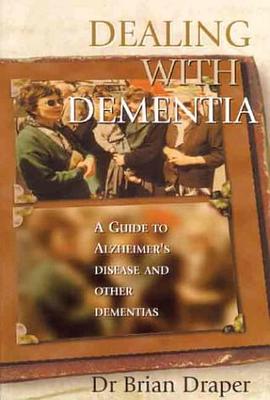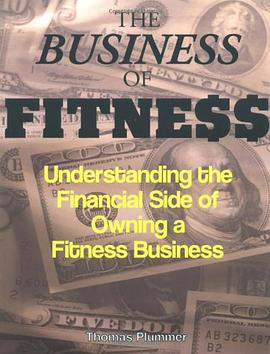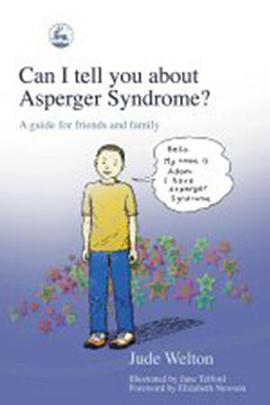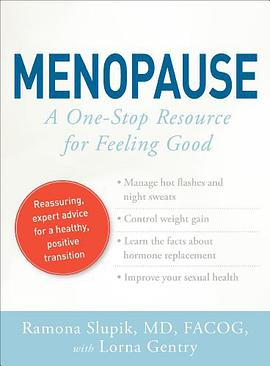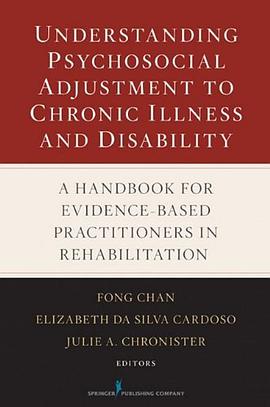

Rehabilitation practitioners face the difficult task of helping clients adjust to chronic illness or disability. This can be a long and trying process for both practitioner and client. With this handbook, however, practitioners and students can gain a wealth of insight into the critical issues clients face daily. This book presents the dominant theories, models, and evidence-based techniques necessary to help the psychosocial adjustment of chronically ill or disabled persons. Each chapter is written from an evidence-based practice (EBP) perspective, and explores how important issues (i.e., social stigma, social support, sexuality, family, depression, and substance abuse) affect persons adjusting to chronic illness and disability. Key features include: A review of psychopharmacological treatment options for depression, anxiety, and other disorders coinciding with rehabilitation The effect of rehabilitation on the family, including key family intervention strategies Strategies for using positive psychology and motivational interviewing in rehabilitation Multiculturalism and the effect of culture on the adjustment process Ancillary materials including an instructor's manual with a syllabus, examination items, PowerPoint presentation, and answers to class exercises By incorporating research-based knowledge into clinical rehabilitation practice, health care professionals can ensure that people with chronic illness and disability receive only the best treatment.
具体描述
读后感
评分
评分
评分
评分
用户评价
相关图书
本站所有内容均为互联网搜索引擎提供的公开搜索信息,本站不存储任何数据与内容,任何内容与数据均与本站无关,如有需要请联系相关搜索引擎包括但不限于百度,google,bing,sogou 等
© 2025 book.wenda123.org All Rights Reserved. 图书目录大全 版权所有

